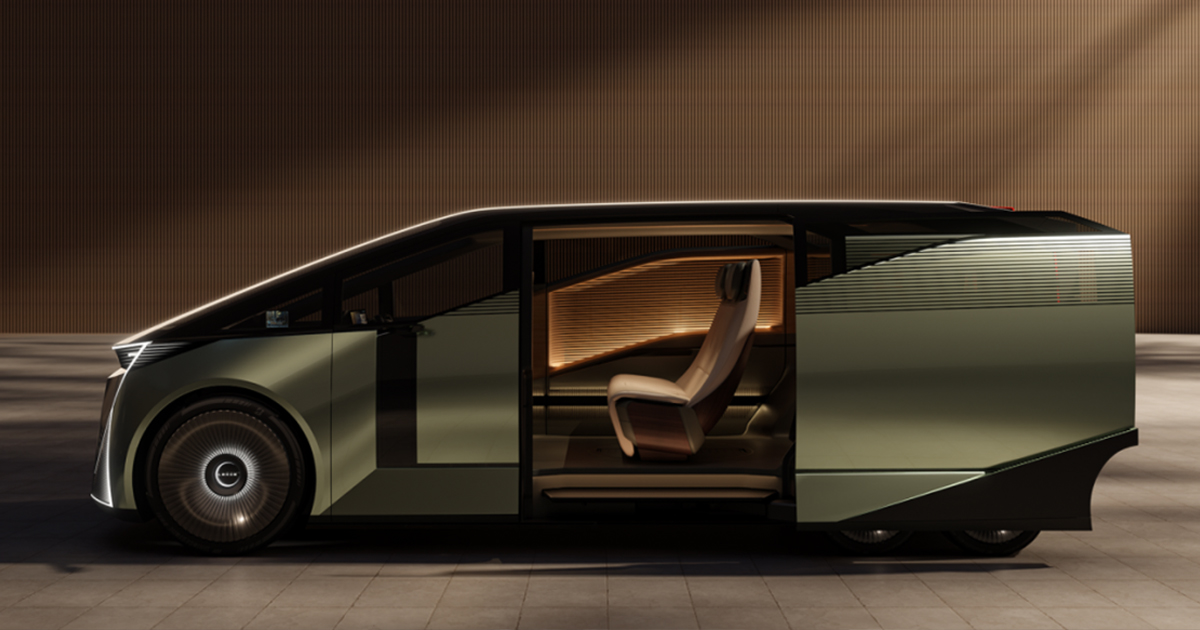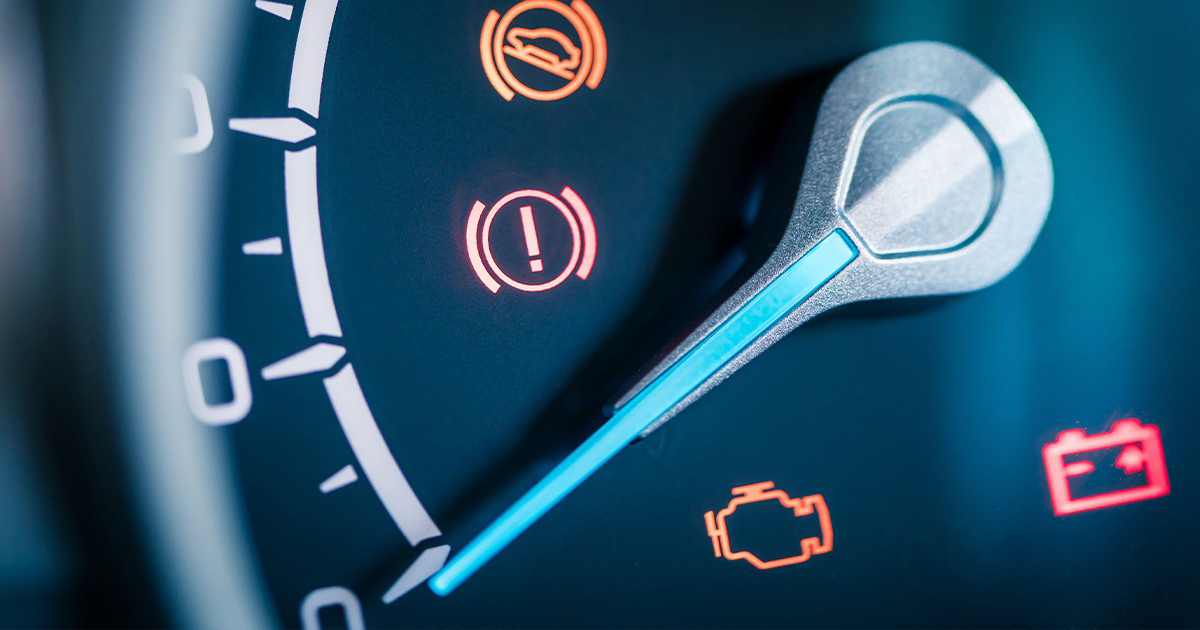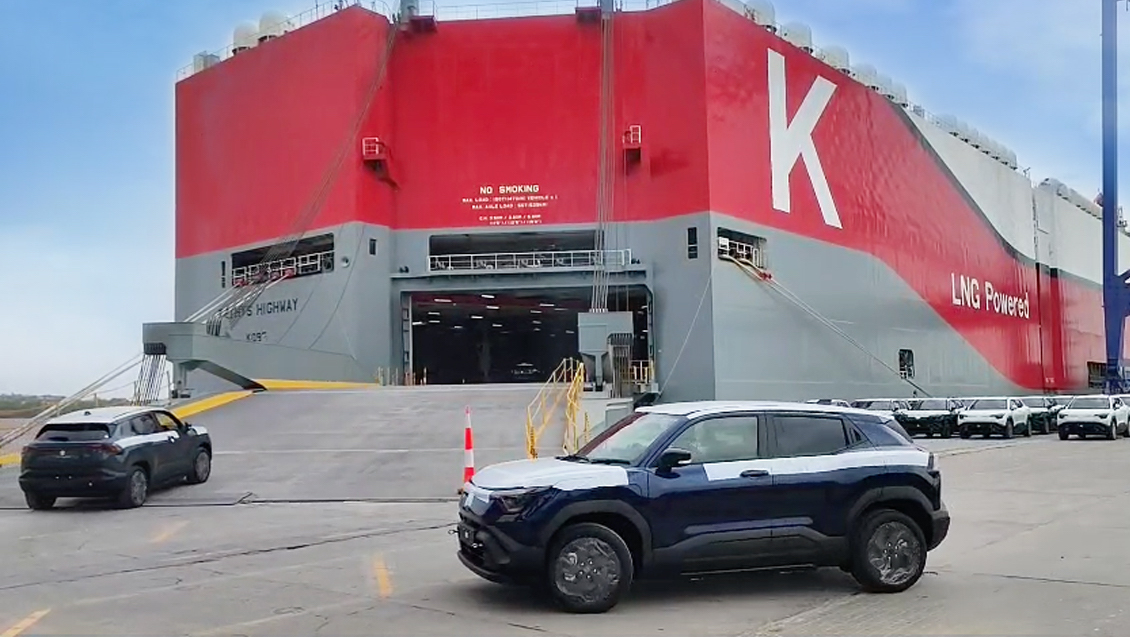Introduction: The Petrol Pump Dilemma
Every Indian driver has faced this question at least once — Should I fill my car with regular petrol or premium petrol?
One is cheaper, the other promises better mileage, smoother drive, and “engine protection.”
But does high-octane petrol really make a difference, or is it just marketing hype? Let’s clear the confusion with some real-world insight.
What Does Octane Rating Mean?
When you see fuel labeled 91 RON, 95 RON, or 100 RON, that number represents its octane rating — the fuel’s ability to resist knocking (premature ignition) in the engine.
-
Higher octane = more resistance to knocking.
-
Knocking happens when fuel ignites too soon, causing rough running or even engine damage.
Most Indian cars are designed to run efficiently on 91–95 RON petrol.
So unless your manufacturer specifically recommends higher octane, premium fuel won’t magically boost performance or mileage.
Regular vs Premium Petrol in India: Key Differences
1. The Octane Gap Is Getting Smaller
Today, many regular fuels in India already deliver 95–98 RON, which is very close to premium fuel.
This means that the performance difference between regular and premium petrol is minimal for most vehicles.
2. Ethanol Content & Its Impact
Both regular and premium petrol now come blended with 20% ethanol (E20) as part of India’s green fuel policy.
While ethanol helps reduce emissions, it also slightly lowers energy per litre — meaning a small dip in mileage.
So if you’re paying extra for “premium” E20 fuel, you’re essentially getting similar energy content — just with more additives.
3. 100 RON Petrol – The True Premium Fuel
For performance and luxury cars, 100 RON fuel is a real upgrade.
It’s almost ethanol-free and ideal for engines that demand high compression.
However, it comes at a steep price — often ₹60–₹70 more per litre than regular petrol.
Unless your car specifically needs it, you’re unlikely to notice a major difference.
When Does Premium Petrol Actually Make Sense?
You might benefit from premium or 100 RON fuel if:
-
You own a high-performance car (BMW, Audi, Porsche, etc.).
-
You drive a turbocharged or high-compression engine.
-
You have a classic or vintage car sensitive to ethanol.
-
You want the extra detergents in premium fuel to help clean engine deposits.
For daily commuters driving a Swift, i20, City, or Creta — regular E20 petrol works perfectly fine.
Does Premium Petrol Increase Mileage or Power?
That’s one of the biggest myths in India.
In real-world tests, mileage differences between regular and premium fuel are often less than 2%.
The truth is — driving habits, tyre pressure, and servicing have a far greater impact on your fuel economy than the octane rating.
Verdict: Stick to Regular, Unless Your Car Demands Otherwise
If your car’s manual recommends 91 RON or 95 RON fuel, there’s no need to pay extra for premium.
Choose regular E20 petrol from a reputed fuel station for consistent performance and reliability.
However, if you drive a high-end or performance machine, or just prefer that premium peace of mind, 100 RON fuel can be worth it occasionally.
Final Thoughts: Choose Smart, Not Shiny
Premium petrol sounds luxurious, but it’s not a magic potion for your engine.
For most Indian drivers, regular petrol is more economical, eco-friendly, and efficient.
Your car will thank you more for:
-
Regular servicing
-
Proper tyre inflation
-
Smooth acceleration
-
Quality engine oil
So the next time you’re at the pump, skip the hype and fuel up smartly.
Quick Comparison Table
|
Fuel Type |
Octane Rating |
Ethanol Blend |
Ideal For |
Price Range (approx) |
|---|---|---|---|---|
|
Regular Petrol |
91–95 RON |
E20 |
Everyday cars |
₹100–₹110/L |
|
Premium Petrol |
95–98 RON |
E20 |
Performance hatchbacks/SUVs |
₹110–₹130/L |
|
100 RON Petrol |
100 RON |
0–5% |
Sports & luxury cars |
₹160–₹180/L |
AutoFreak’s Pro Tip 💡
If your car feels sluggish or knocks even on regular petrol, try switching stations instead of switching fuels.
Fuel quality can vary from pump to pump — so always refill from trusted outlets like IndianOil, HPCL, or Shell.




